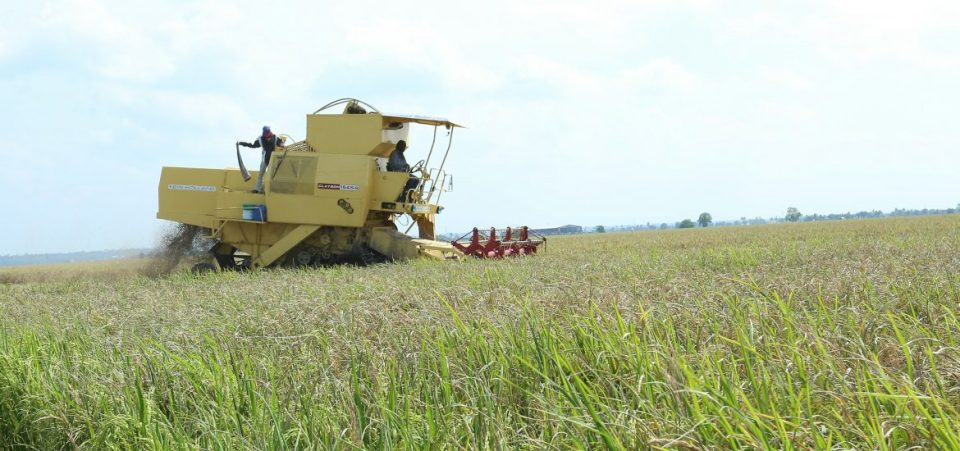KUALA LUMPUR, Nov 24 — The government has implemented six steps to manage the impact of climate change in the agrofood sector, especially on padi cultivation, said Agriculture and Food Industries Minister Datuk Seri Dr Ronald Kiandee.
He said the measures included development and planting of padi varieties that are resistant to floods or droughts and development of padi seed varieties that thrive in salt water in the event of sea water flooding padi fields.
“The third is the use of the Agricultural Rainfall Index (ARI) Map and Land Map to determine the suitability of crops in a particular area as well as planning drainage and irrigation systems.
“Fourth, enhancing padi cultivation methods based on the guideline for managing padi cultivation according to target,” he said during a question-and-answer session in the Dewan Rakyat today.
He said the Ministry of Agriculture and Food Industries (MAFI) was also making efforts to build infrastructure facilities for Alternate Wetting and Drying (AWD) irrigation of padi fields and to introduce agriculture insurance to reduce the risk of losses involving disasters due to the impact of climate change.
Ronald said this when answering a question from Sik MP Ahmad Tarmizi Sulaiman, who asked what steps the government had taken to tackle climate change, which has impacted the country’s agriculture industry.
The minister said apart from climate change, MAFI had identified other major challenges in the next 10 years in the agrofood sector which needed to be tackled, namely lack of natural resources, agriculture productivity and innovation, demographic changes and transition of nutritional trend, and food loss and wastage.
“In the five-year period from 2017 to 2021, a total of 40,828 hectares of padi crops were destroyed by floods in Peninsular Malaysia and 9,336 hectares damaged by drought,” he added.
Therefore, in efforts to tackle the challenges of climate change, MAFI through the National Agrofood Policy 2021-2030 (DAN 2.0) and National Food Security Policy Action Plan 2021-2025 (DSMN Plan), among others, will intensify sustainable agriculture that is environment friendly and resilient to climate change.
He said this was aimed at reducing the impact of climate change on the agrofood sector and expanding research and development to boost food production with the use of climate-based technology.
— Bernama





